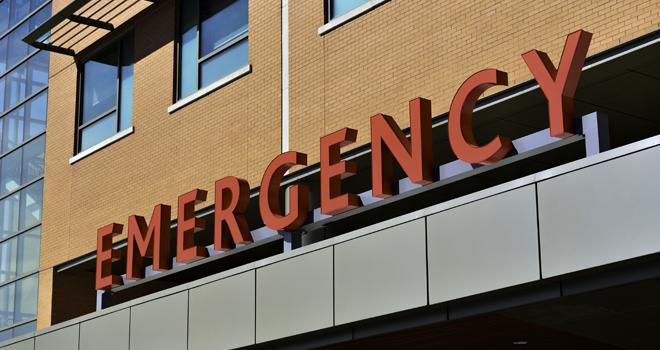“We believe medical Gap cover policies are likely to become increasingly important in the South African market, especially as medical aids continue to rein in expenditure, by reducing or limiting their level of cover, and as the government prepares to impose more restrictions on private healthcare insurance through the introduction of National Health Insurance,” Jill Larkan, then Head of Healthcare Consulting at GTC commented at the release of GTC’s inaugural Gap Cover Survey in 2018. Her prediction about the importance of Gap cover is now more true than ever. In 2020, the COVID-19 pandemic has turned the entire world upside down. Since there is no single medical scheme plan that covers 100% of all events, and affordability is crucial, it re-emphasises the critical importance of gap cover.
According to Tony Singleton, CEO at Turnberry Risk Solutions, the ease of lockdown and the return to normal can result in an increased likelihood of accidents and illness. “It also means more people will likely have the elective medical procedures that were put on hold during the pandemic. This could result in significant out of pocket medical expense shortfalls that many people simply cannot afford if they do not have the right combination of medical aid and gap cover in place to protect them,” Singleton predicts. “In many countries a second COVID surge has also seen more cases than the first, which means that effective medical cover will continue to be a priority as we head into the new year.“
The importance of Gap cover during COVID
Singleton explains:
“Many people found themselves experiencing worrying COVID-19 symptoms after hours or on weekends or public holidays. They were left with little option but to visit the casualty department of a hospital. The out of pocket expenses related to this can run into thousands of Rands, but a gap cover policy with a casualty benefit for illness would protect members and cover the fees.
In addition, members who chose to make use of non-designated service provider (DSP) hospitals for COVID-19 conditions would have found themselves with co-payments and possible shortfalls, unless they had gap cover. For those unfortunate enough to lose the main breadwinner to the virus, gap cover with a critical illness benefit would also have paid out a lump sum.
Medical aid, augmented by the right level of gap cover, has therefore been a lifeline for many members.”
The 2021 prediction
Although most medical schemes have announced a low premium increase for 2021, the high rate of unemployment and the widespread salary cuts experienced by members, resulted in many people left with no choice but to opt for a lower plan. In addition, there will likely be very few benefit enhancements, with more sub-limits, and even higher co-payments.
“Even before the crisis, medical aid increases were outstripping the Consumer Price Index (CPI). Members are increasingly having to take on additional financial burden by paying more out of pocket medical expenses. With the pandemic we have reached the stage where members’ ability to shoulder this burden is severely affected,” according to Singleton. “The other very real issue is that, with healthcare providers also increasing their rates, the low medical scheme increases will result in even greater discrepancies. For example, if the medical aid rate has increased by 3.9% and the healthcare provider by 6%, the gap between what is charged and what will be paid will increase.”
With all these challenges in mind, and in a time where disposable income is severely limited, gap cover is critical to protecting financial wellbeing and minimising out of pocket expenses. Singleton further points out that Gap cover providers have also come to the table during these challenging times, and many of them are offering reduced waiting periods during the 2020 renewal period.
“Members need to work with their financial advisors to review their benefits in light of medical scheme updates and ensure that they have the right gap cover in place to augment this cover and ensure they have the best protection in place to safeguard their financial future,” he advises.
Financial advisors play a critical role in assisting their clients to consider the appropriate healthcare products which address their unique needs and complement their broader financial management and risk mitigation strategies.
Click here to read more about Singleton’s view on the need for Gap cover.



